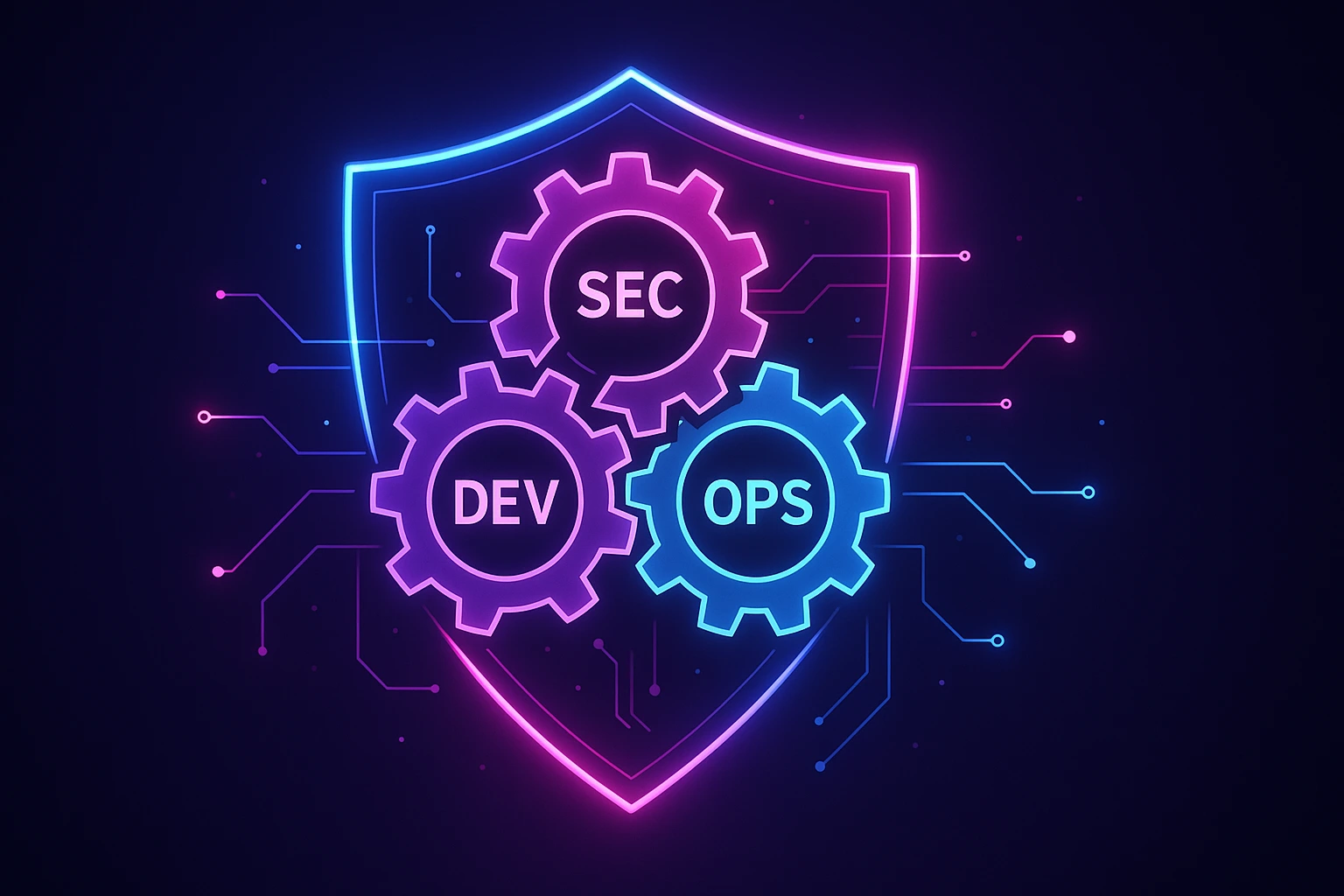WHAT IS AN APEX CLASS
Apex classes are a powerful tool within the Salesforce platform. Since Salesforce is an enterprise-level software solution, and organizations typically use Salesforce for business-critical operations, it is essential to gain a clear understanding of what an Apex class is and how to use it.
APEX Class in Salesforce
At its core, an Apex class is a user-defined class in the Salesforce platform. It is like a Java class, but all the code within an Apex class is written in the Salesforce Apex programming language. This means that the Apex class nature allows code reuse and modularization, which makes it much easier to apply programming solutions to repetitive tasks.
An Apex class can have its own methods and variables. This allows a programmer to assign variables to the class and return one of those variables when the class is used. It makes coding more efficient when a programmer is required to execute and respond to complex tasks, and provides a higher degree of flexibility when developing solutions for Salesforce.
Apex classes can be used in a number of contexts within Salesforce. For example, they can be used for custom development by writing triggers to execute code when a certain event occurs. They can also be used in automation solutions so that programmed responses can occur when certain criteria have been met.
When it comes to improving your organization's enterprise Salesforce security, performance, and maintenance, Apex classes can provide an invaluable asset. For instance, Apex classes are highly effective at driving data interoperability, allowing a single integration layer for both external and internal systems. This integration layer is often referred to as an "enterprise service bus" (ESB) and forms the foundation for data flow between systems.
Furthermore, Apex classes can help maintain and strengthen data consistency by providing the ability to update and manage data as required. For instance, an Apex class can be used to update data accordingly based on a preset set of criteria or user input. And for Salesforce release management, they can be used to ensure that Salesforce applications are running properly. Know more about the Top 7 Salesforce Release Management Best Practices.
Overall, Apex classes can be a critical element of a successful Salesforce enterprise. However, it is important to remember that the Salesforce platform is complex and has a steep learning curve, and it can take time to fully understand the intricacies of Apex class programming. For those looking to make the most of their Salesforce environment, it is often beneficial to seek professional help with Apex class programming in order to ensure that enterprise Salesforce requirements are met.
Investing in a reliable Salesforce management solution - such as Salesforce release management, data backup and recovery, and security - can provide a peace of mind and make the entire experience that much more rewarding. All enterprises depend on their operations to run smoothly in order to gain maximum value from their investments - and Apex classes can play an important role in achieving this goal.
Topics: Salesforce Apex, Apex Code Salesforce
Thank you for subscribing








